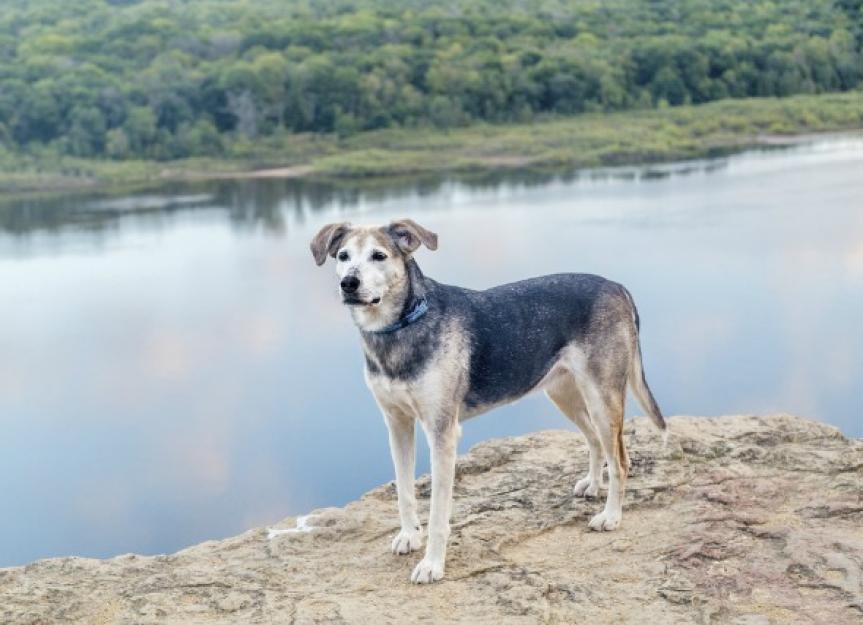Cuts and Bruises on Dogs
Dogs incur minor skin injuries all the time, especially the more adventurous breeds. This may occur from scraping against a rock or hard surface (abrasions), bumping against a blunt object which damages small blood vessels (bruises), or a cut from a bush, a thorn, or other sharp object (lacerations).
What To Watch For
Always check your dog from head to tail after he goes outside, or when you return home from work, to see if it acquired any cuts or bruises. If you should find any, re-examine him more thoroughly to see if there are deeper wounds.
Primary Cause
Minor injuries occur most frequently on the legs and paws, especially after exercising in the woods or areas with overgrown shrubbery.
How to Treat a Cut or Bruise on a Dog
Note: If a joint or paw is bruised and swollen, do not follow these guidelines -- assume there are deeper injuries and consult a veterinarian immediately.
- If the injury is dirty, which is often the case, clean with a non-stinging antiseptic diluted in warm water.
- Use a cloth or towel to clean the injury; avoid cotton and other loose-fibered materials, as the threads often stick to the wound.
- Apply a cold compress, such as a bag of frozen vegetables or even just a cold, wet towel. Keep it in place for a few minutes, especially on bruises.
- Bandage the wound to keep the dog from licking it.
- Call your vet for further advice, describing the injury and, if you know, what caused it.
You will need to change the bandages every day until the wound heals and keep them from getting wet. If you notice an unpleasant smell coming from the bandages when you change them, contact your vet immediately. When treating minor injuries, a small film of triple antibiotic ointment can be applied to the affected area two to three times a day. Do not, however, apply a large amount of ointment on the area, as your dog may be tempted to lick it.
Other Causes
Playing and fighting with other dogs can also cause minor injuries. Be extra cautious if your pet is wounded by a strange or stray dog, as it may be infected with a contagious disease such as rabies.
Living and Management
Dogs try to lick their wounds because their saliva contains a mild antiseptic ingredient. This is normal, but should still be limited as excessive licking can become compulsive and cause severe problems.

